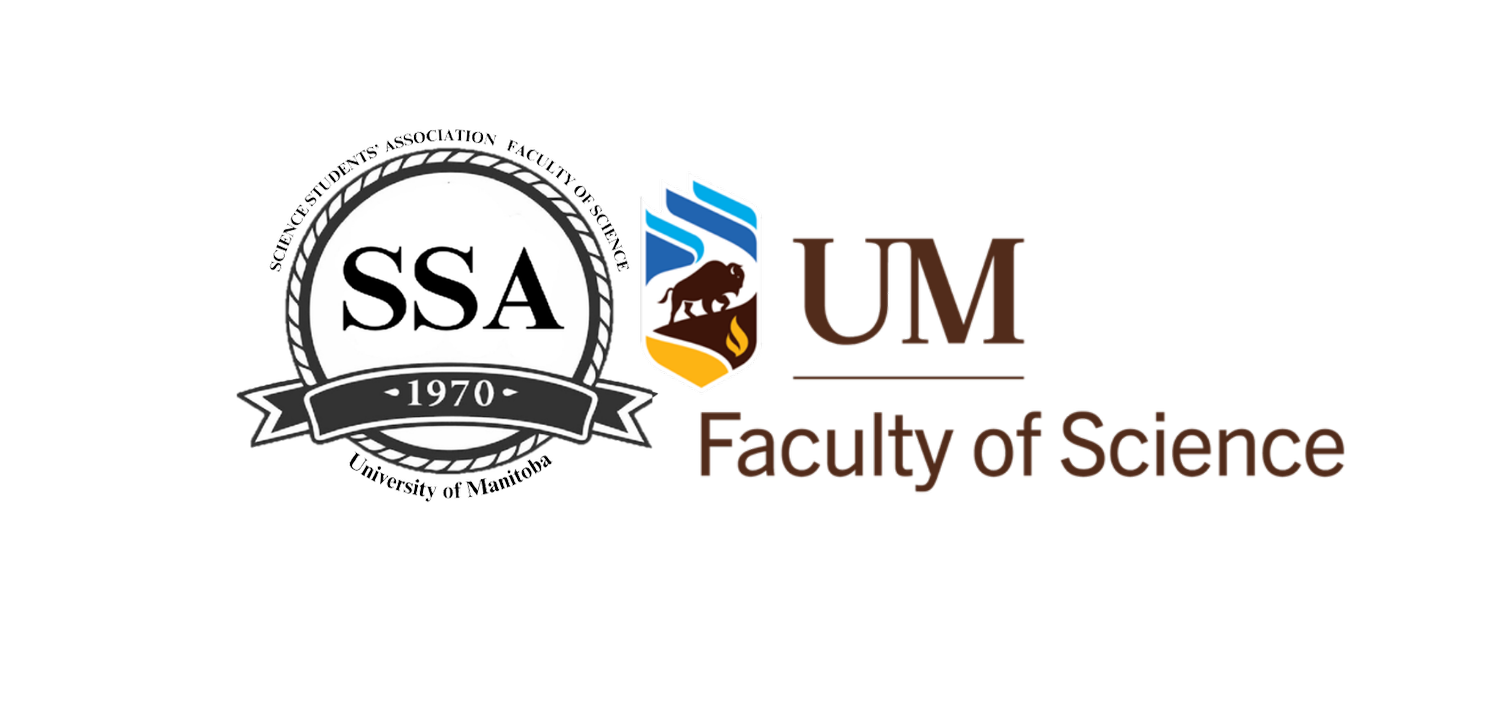Full report can be found here. There were two important points from the Senate meeting. The last portion of the report contains information on the discussion between SSA and the Biological Sciences Department.
Program proposal: Post-baccalaureate Diploma in Medical Physiology and Pathophysiology. Max Rady College of Medicine, Rady Faculty of Health Sciences— SENATE APPROVED
Students interested in applying for their first intake in the Fall of 2020, be sure to check out the full minutes. Potential student questions like general program information, admission requirements, selection criteria, tentative list of courses, etc. can be found there. ***Please note that this is not the official applicant information bulletin from the Department.***
program Proposal: Bachelor of Midwifery Degree. College of Page 100 Nursing, Rady Faculty of Health Sciences — SENATE APPROVED
Indigenous students interested in applying for their first intake in the Fall of 2019, be sure to check out the full minutes. Potential student questions like general program information, admission requirements, selection criteria, etc. can be found there. ***Please note that this is not the official applicant information bulletin from the Department.***
SSA brings student concerns to Biological Sciences department head
Read the minutes for Dr. Harris’ response regarding “insufficient upper level courses for biology students”.
IMPORTANT NOTE FROM YOUR SENATORS:
Should you have any academic concerns like the previous point mentioned, please do not hesitate to email us Science.StudentsAssociation@umanitoba.ca. We are dedicated to ensure that your concerns are heard by Faculty Members, Department Heads, etc. Our role is to advocate for you and ensure that you get responses and answers to these important questions.

